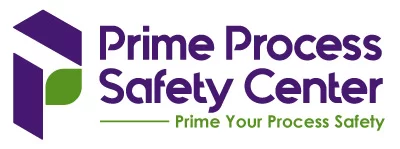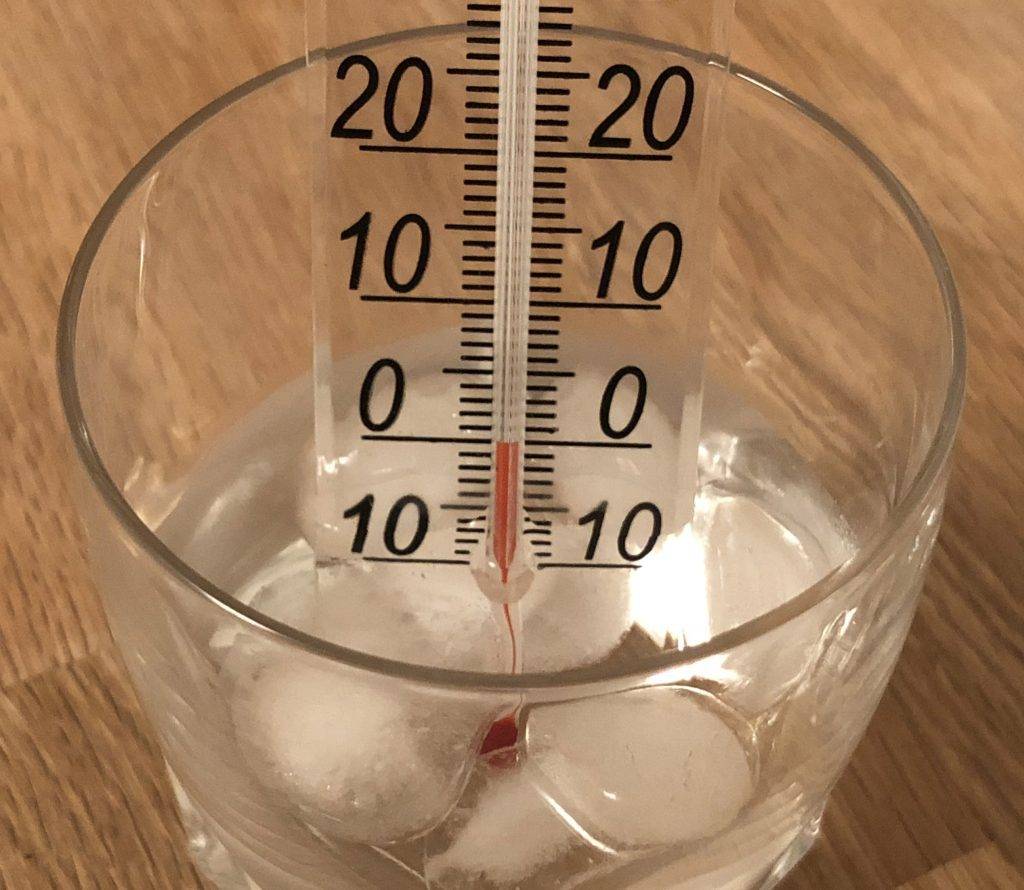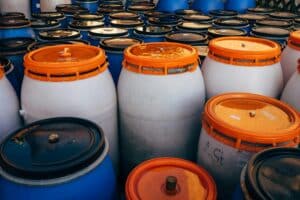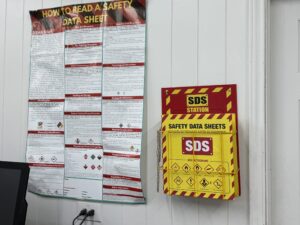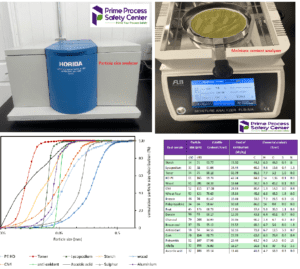We also offer
What is Melting Point Test
The melting point is the specific temperature at which a solid substance changes into a liquid under standard atmospheric pressure. It is a characteristic physical property unique to each substance, aiding in its identification and differentiation from other materials.
For pure substances, the melting point is a precise temperature. Impurities can cause the melting point to exist as a range, often lower and broader than that of the pure compound.
Melting point data is critical for:
-
Substance identification
-
Purity assessment
-
Quality control in manufacturing
-
Determining suitable storage and handling conditions
At Prime Process Safety Center, our automated melting point apparatus provides the melting point of solid substances up to 500ᣞC, delivering results quickly and accurately.
When to Perform Melting Point Test
The melting point test is crucial for ensuring safe handling, storage, and processing of materials, especially potentially hazardous substances.
Key applications include:
-
Identification of hazardous materials: Certain compounds or mixtures can pose risks when exposed to heat or fire. Knowing their melting points supports safe handling.
-
Safe storage conditions: Understanding melting points prevents storage complications for substances that melt at lower temperatures.
-
Preventing thermal accidents: Materials that release toxic gases, become highly reactive, or flammable above certain temperatures require careful monitoring of their melting points.
-
Safe transportation of chemicals: Melting point knowledge helps set safe transport conditions, preventing accidents during transit.
For industries handling flammable or reactive materials, melting point testing is essential for preventing fire hazards, thermal accidents, and chemical incidents.
Why Choose Prime Process Safety Center
Prime Process Safety Center is a leader in process safety testing, staffed with highly experienced laboratory personnel. Our mission is to provide accurate, reliable, and defensible data that meets industry and regulatory standards.
At Prime Process Safety Center:
-
We are knowledgeable and experienced in performing melting point tests, ensuring precise and reliable results.
-
Our state-of-the-art melting point testing equipment provides accurate and sensitive measurements for a wide range of solid substances.
- As an ISO/IEC 17025:2017 accredited laboratory, we follow rigorous quality and competency requirements for every test we perform.
-
We follow strict testing protocols and quality control measures to ensure consistent and dependable results.
-
Our experts can interpret and analyze test data, offering valuable insights and recommendations for your specific application or research.
Partnering with us ensures your melting point testing is conducted to the highest standards, supporting substance identification, safety, and regulatory compliance.
FAQ
Why is knowing the melting point of a substance important for safety?
Understanding the melting point helps in determining at what temperature a substance may change state, release harmful gases, become flammable, or pose other safety risks. This knowledge is crucial for establishing safe handling, storage, and transportation protocols.
How does the melting point affect storage conditions and safety measures?
The melting point influences the storage conditions required for substances. Some materials may need specific temperature-controlled environments to prevent melting, degradation, or the release of hazardous byproducts. Knowing this helps in preventing accidents and maintaining safety standards.
What safety risks are associated with substances that have low melting points?
Substances with low melting points might pose risks such as unexpected phase changes, volatility, or the release of toxic fumes at relatively low temperatures. Understanding these risks is vital for implementing appropriate safety measures to mitigate potential hazards.
How does the melting point impact transportation safety?
The melting point determines the conditions under which a substance should be transported. Materials sensitive to temperature changes might require special handling or transportation methods to prevent melting, reactions, or other safety hazards during transit.
Are there safety guidelines specific to handling substances with high melting points?
Substances with high melting points might require specific handling procedures due to their resistance to heat. However, even high-melting-point materials can pose risks under extreme conditions, such as exposure to intense heat sources that might cause them to undergo unexpected changes or reactions.

